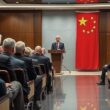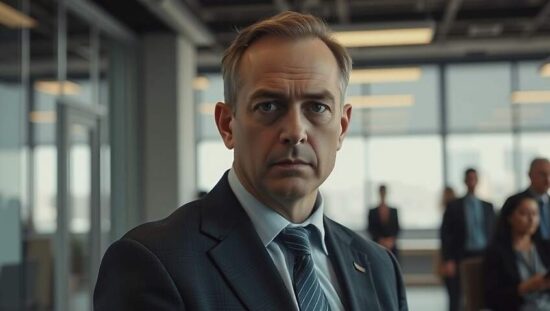The debate surrounding potential cooperation between Germany’s Christian Democratic Union (CDU) and the far-right Alternative for Germany (AfD) has intensified this week, exposing deep divisions within the conservative bloc, according to senior CDU officials. While influential figures within the Union have publicly entertained the prospect of dismantling the long-held firewall against the AfD, the party’s youth wing leader, Johannes Winkel, has forcefully condemned such considerations.
Speaking to RTL and ntv, Winkel directly cited Björn Höcke, the AfD’s Thuringian state leader, as a key impediment to any potential collaboration. “I consider him clearly right-wing extremist and therefore, cooperation with the party must be off the table” Winkel stated, highlighting the ideological gulf between the CDU and the AfD.
The reported deliberations within the Union to reconsider the AfD stance come amid a climate of heightened political uncertainty, both domestically and internationally. Winkel, a member of the Bundestag, emphasized the necessity of stability, arguing against the risks of minority governments and shifting coalitions following the upcoming state elections in Saxony-Anhalt.
“We live in very agitated times and there are major uncertainties internationally” Winkel explained. “I believe that in times of great uncertainty, the need for stability is particularly important and therefore we should not subject the country to experiments with minority governments and changing majorities every week.
His remarks represent a pointed critique of potential strategies post-election, suggesting that pursuing stability, even if it requires difficult compromises, should be prioritized over pursuing potentially unstable coalitions. Winkel’s position underscores the ongoing struggle within the CDU to navigate the increasingly complex political landscape and to define its identity in relation to the rising influence of the far-right. The internal debate highlights the fragility of the established political order and the challenges facing mainstream parties as they attempt to address the anxieties fueling support for extremist movements.





